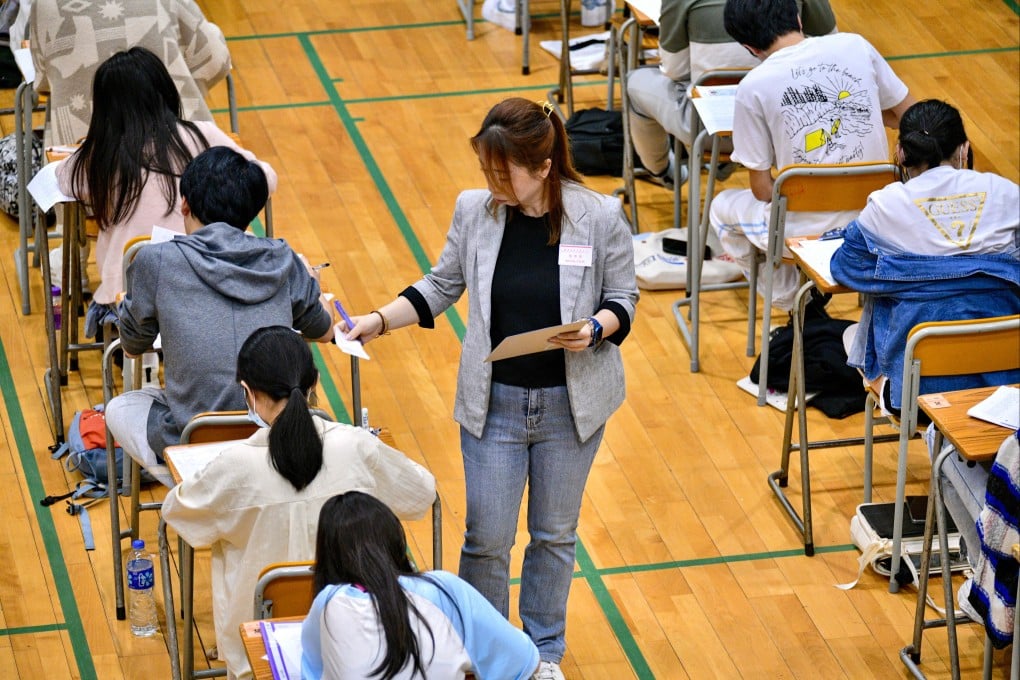Letters | 2 ways Hong Kong can build a healthy education system
- Readers discuss curriculum changes that could tackle student stress, the importance of giving all children a chance to take parts in sports, and the screening process for sporting competitions

I am writing as a secondary school teacher to express my concerns regarding the rise in mental health problems and suicide attempts among the youth in Hong Kong and to urge for concrete action through the local curriculum and assessment practices.
I often hear my students talking about their stress and tiredness brought on by homework and assessments, as well as parental and their own expectations. Every life matters; this issue must be addressed to ensure our students’ well-being and their ability to realise their potential.
First, schools should integrate social-emotional learning into the formal curriculum. The Education Bureau already has the relevant resources to prevent the rise of psychological disorders among the student population; however, these resources are only disseminated among students as supplementary information outside the formal curriculum. Integrate social-emotional learning into subjects such as English, history and biology, and students will move from passive to active learning as they acquire the knowledge, skills and attitudes to not only manage their emotions and interpersonal relationships, but also apply emotional and social literacy in multiple contexts.
Next, the Hong Kong Examinations and Assessment Authority should balance formative and summative assessments in calculating students’ Diploma of Secondary Education marks. While formative assessment, which is ongoing, has been introduced as school-based assessment to allow students to showcase learning and teachers to provide feedback, this component only accounts for a small part of students’ final grade – for example, 15 per cent of the English Language exam score.
